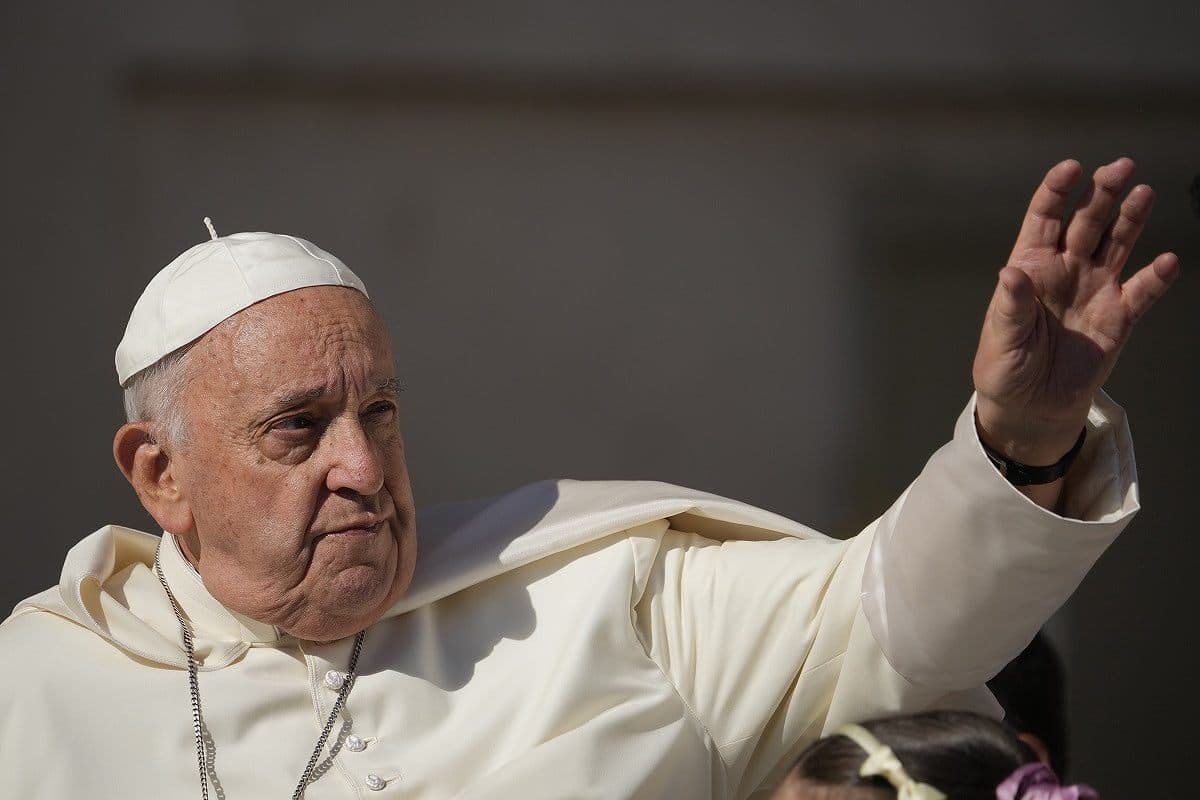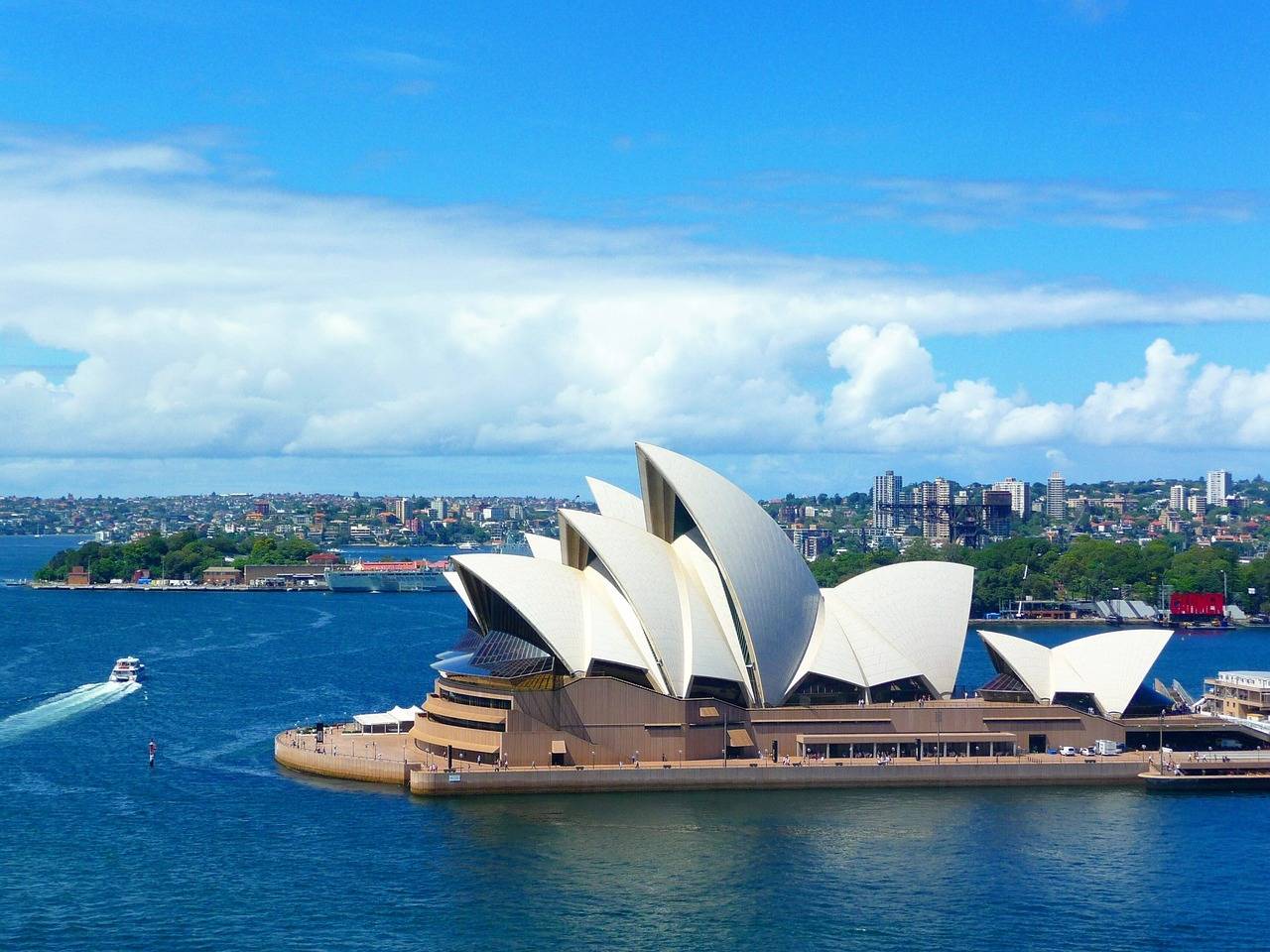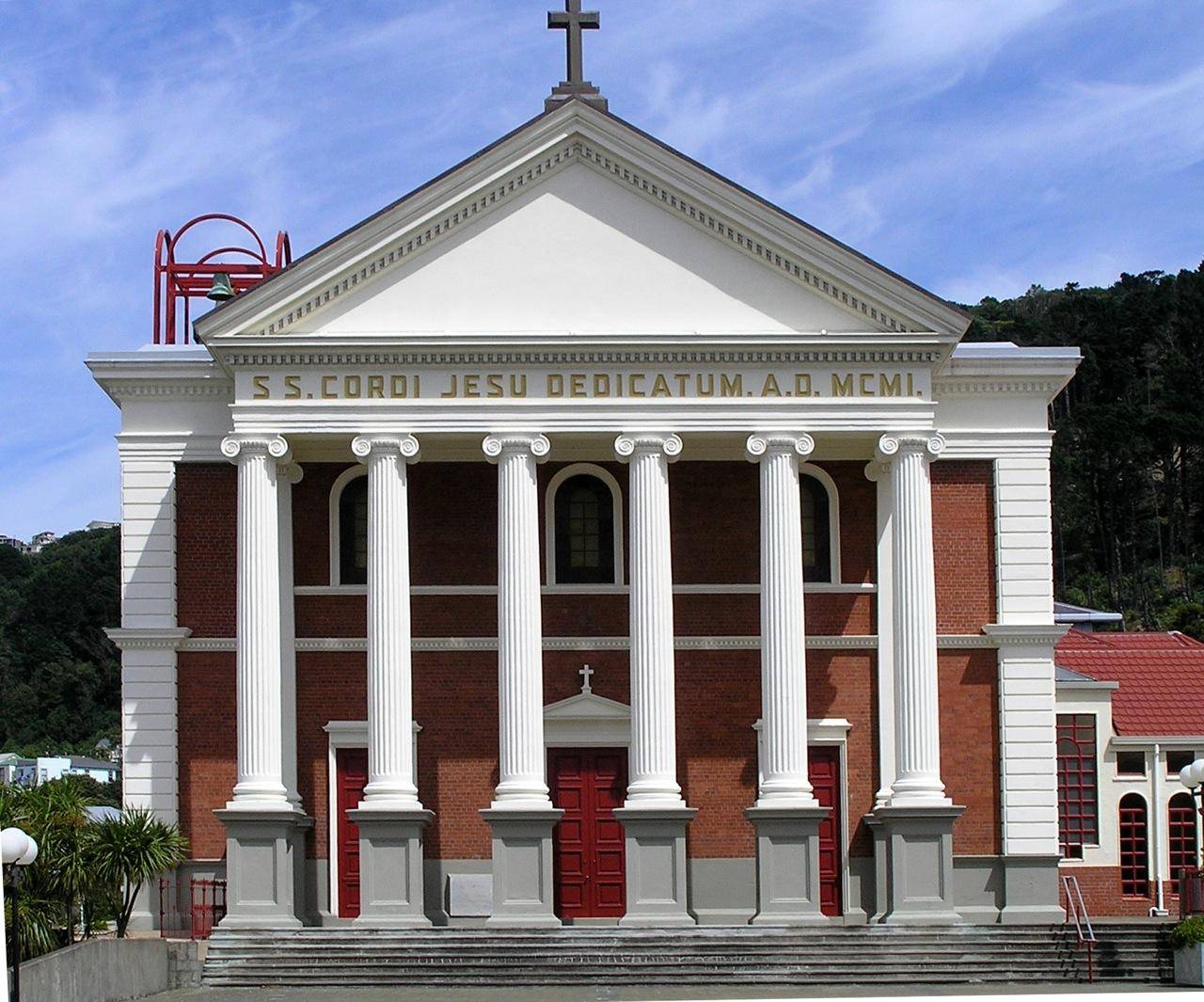VALLECORSA – As Pope Francis’s sprawling 12-day journey to Asia and Oceania approaches, the local bishop of the remote Diocese of Vanimo in Papua New Guinea says people are overjoyed that the pontiff is once again making the “periphery” a priority.
Speaking to Crux, Bishop Francis Meli, originally from the town of Rabaul but who has led the Diocese of Vanimo since 2018, called Pope Francis’s upcoming visit “historic” since “no pope has ever visited the diocese and there may not be any more in history.”
“It is a great jubilation for people in Papua New Guinea as a whole,” he said, noting that Vanimo “is small and very remote, it’s a very remote diocese in Papua New Guinea which is right at the border with Indonesia, so people are so excited about the visit of the pope here.”
“The pope always speaks about the periphery, and the periphery is the most remote, but also, people who are less privileged,” he said, noting that many services in Vanimo are lacking that are present in larger provinces.
Vanimo’s infrastructure is also weak, he said, saying the roads are in poor condition and there are no bridges, making river crossings difficult, especially after heavy rain.
“Most of our people are living in the bush, you have to follow lonely roads, so it is significant that [the pope] chose to come to a very, very remote area to see what the real remote people [is like] in Papua New Guinea, the way they do things, where they live, how they live,” Meli said.
He voiced hope that Pope Francis “will see how people are living,” saying the conditions that people live in “would be something that will be alarming for him, that he would never expect, or never would have thought about.”
“I came here, and from the beginning I was shocked, because I came from an area of good infrastructure, and when I came here, I was shocked,” he said.
Pope Francis will visit Vanimo Sept. 8 during his broader, Sept. 2-13 visit to Asia and Oceania, marking the longest trip of his papacy, with stops in four different countries: Indonesia, Papua New Guinea, East Timor, and Singapore.
Located in the northwestern Sandaun Province of Papua New Guinea, Vanimo sits near the border with Indonesia and has a population of just 11,204, according to the World Population Review, though the area is surrounded by large bushlands inhabited by scattered remote communities.
The majority of the population is split into various denominations of Christianity, with around 10 percent of the population adhering to tribal religions.
Missionaries from more than 10 countries are current working in the Diocese of Vanimo, according to Meli. Among them are a group of nuns from Argentina belonging to the Sisters of the Lord and the Virgin of Matara sisters, and a group of Argentinian priests belonging to the Institute of the Incarnate Word, with whom Pope Francis plans to hold a private meeting during his visit, Meli said.
Meli said one of the most important projects in Diocese of Vanimo, a center for abused women and girls, is run by the Argentinian nuns.
Called the Lujan Center for Girls, the center houses women and girls, some as young as just two or three years old, who have suffered various forms of abuse, including psychological, physical, emotional or sexual abuse, Meli said, noting that some of the residents have disabilities.
“The sisters actually look after these girls like their own children,” he said, saying the girls come to the center and are given a home are sent to school. Once they finish their education, many of them leave to find work.
Another important project for the church in Vanimo, Meli said, is the high school run by the Institute of the Incarnate Word fathers in Baro, called the Holy Trinity Humanists School.
The Argentinian priests who run the school “try to instill their charism, their values, to build up good character of the future leaders of Papua New Guinea,” he said, saying they also run an orchestra, the Queen of Paradise Orchestra, that will perform for Pope Francis when he comes to Vanimo.
Meli said the pope plans to hold a closed-door meeting with the Argentinian priests and nuns while in Vanimo before boarding his flight back to Port Moresby
Speaking of the interreligious makeup of Vanimo, Meli said there are many different Christian denominations, and among them Catholics are a minority.
Some of the other Christian communities are hostile to Catholics, he said, and voiced hope that the pope’s visit “may also bring significant unity to other churches with whom we work here together in the province.”
Meli voiced hope that the various churches would be able to have “a meaningful dialogue to make the diocese, the province, become a model for other dioceses in Papua New Guinea.”
“I hope and pray that one of history’s significant visits to the diocese will help to create this unity between Catholics and Christians, so that we can work together in unity, especially in this challenging time,” he said.
Despite some tensions among Christian communities, Meli said there are no major conflicts and there is no violence.
In terms of issues such as poverty and domestic violence, Meli said there are challenges present not so much in town, but in the remote bush areas of Vanimo. This is especially true, he said, for the treatment of young women and girls by elders.
“What happens is that the elderly people in the bush, they use their authority to abuse young girls,” he said, saying it can often be difficult for police or local authorities to monitor the situation, so the church tries to bridge the gap, including with projects such as the Lujan Center for Girls.
In terms of papal priorities such as migration and climate change, Meli said there are low-level concerns, but are not prominent issues in Vanimo.
Migration, he said, was a much bigger concern during the 1970s and 80s, when there was a large influx of refugees, but it is not a concern now. What is of concern, he said, are border crossings by individuals with family members on both sides of the border with Indonesia, many of whom live in West Papua.
“Sometimes it’s difficult for border areas or immigration to monitor them, because they have bush roads that they follow, and some people Vanimo they also exit on those roads,” Meli said, saying his area does have a small refugee camp with around 11 families, but the issue is not a major concern.
Climate change is also considered to be just a minor problem, he said, noting that Vanimo has some issues with an advancing waterfront and the disappearance of coconut trees and other greenery along the coast.
However, he said this is not a concern among locals, as residents can easily move inland, whereas it is a bigger concern for residents of other islands.
Climate change is “not very a serious threat to the life of the people here,” he said, but he said it is “a sign that it will happen slowly and [steadily] in the future.”
Meli said the church also has good relations with the government in Vanimo, especially when it comes to collaboration on healthcare and education.
“That is almost a bonus for the church in Vanimo,” he said, noting that this good rapport “does not happen in many places in PNG.”
Meli voiced his belief that the pope’s decision to come to Vanimo, one of the most remote dioceses in Papua New Guinea, sends “a message to many bishops of the world that it is possible that (a) pope in history may be able to visit their diocese,” no matter how small or remote of a periphery it might be.
Follow Elise Ann Allen on X: @eliseannallen















